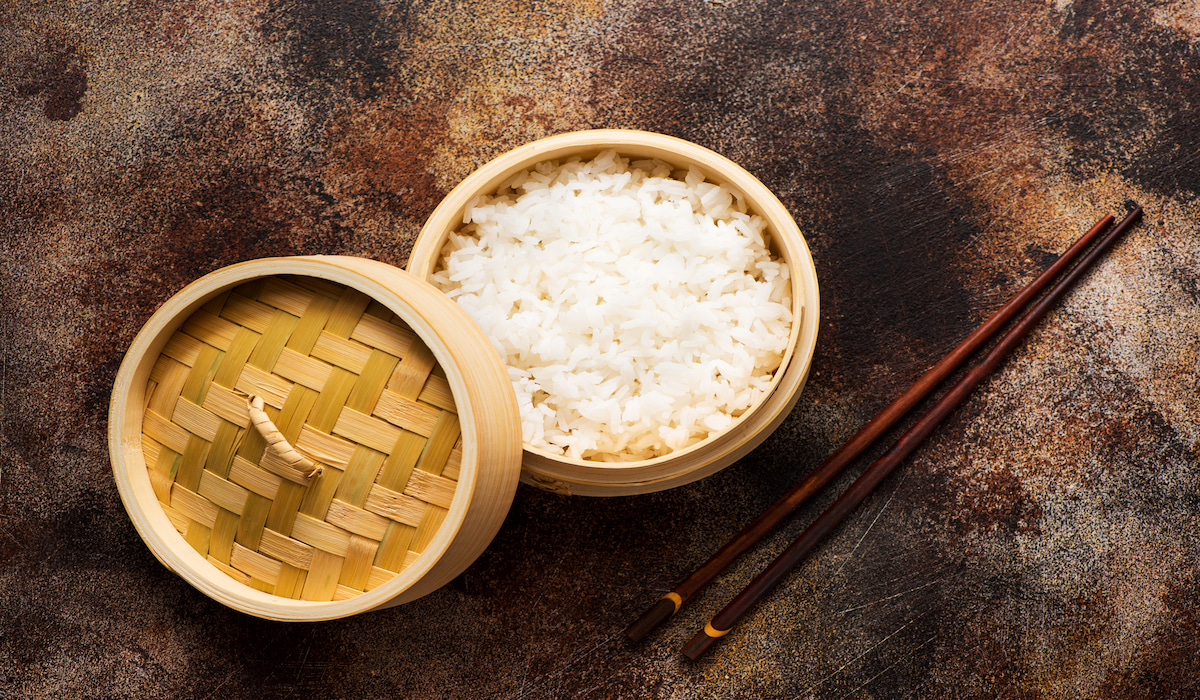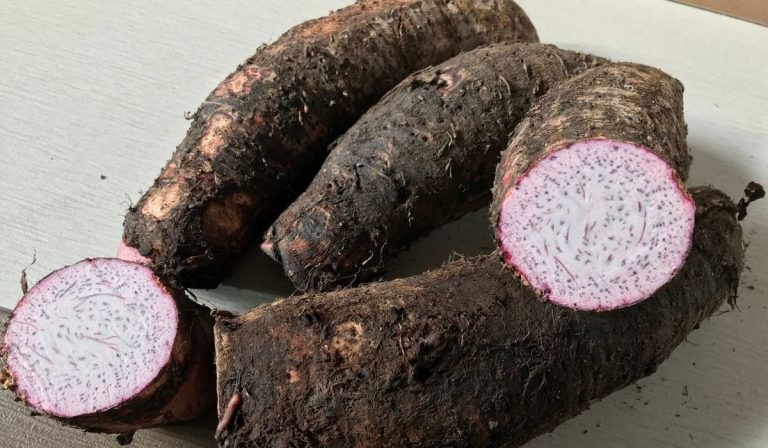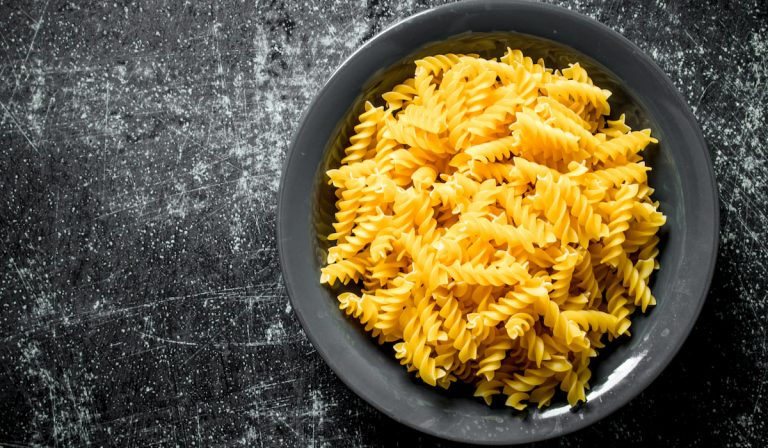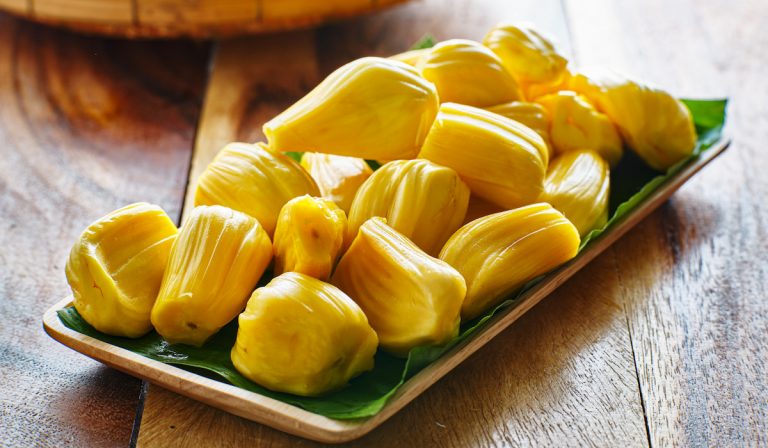Is Jasmine Rice Paleo? (Here’s the Answer!)
Seeing some paleo followers consider the inclusion of white rice in their diet might make you think about your own modifications. Jasmine rice is another variety of white rice, so could jasmine rice be paleo too? Well, here’s the answer.
Is jasmine rice paleo?
Like most grains, jasmine rice is not paleo. Jasmine rice comes with the same downsides that make grains non-paleo. It is high in carbohydrates and contains anti-nutrients. Also, there are other foods with better nutrition profiles.
Wondering how these downsides make jasmine rice non-paleo? Read on to the end. In the rest of this article, we clarify the paleo-friendliness of jasmine rice. We also go over its health benefits, amongst other things.
Is Jasmine Rice Paleo?
Grains are generally not accepted in a paleo diet for various reasons. Some of the reasons are high carb content, anti-nutrients, toxins, and a relatively low nutrition profile. Jasmine rice has all of these qualities. Therefore, it is not paleo.
A cup of cooked jasmine rice has around 39 grams of carbohydrate – more than a cup of cooked long-grained white rice. So, jasmine rice is clearly high in carbs.
Jasmine rice contains significant amounts of anti-nutrients and toxins, especially when it isn’t white. Then, when compared to eggs, fish, fruits, nuts, and vegetables, jasmine rice has fewer nutrients to offer.
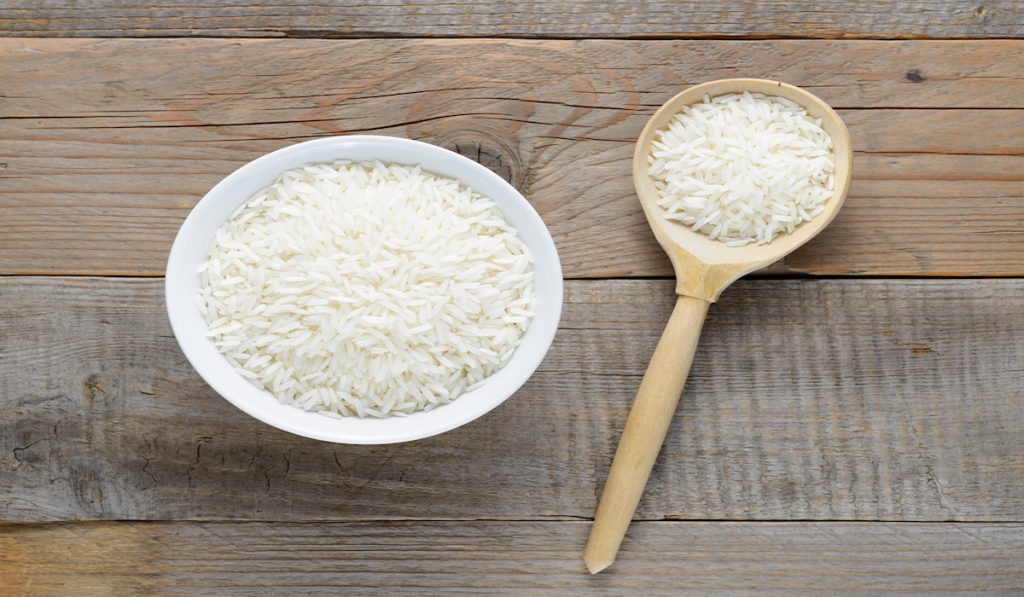
Color of Jasmine Rice
While jasmine rice is generally not paleo, you could make a case for its inclusion in your paleo diet based on color.
Jasmine rice comes in various colors, including white, brown, black, purple, and red. The flavor, nutrition, and toxin profile of each color of jasmine rice differ from one another.
Generally, white jasmine rice is more processed than brown, black, red, and purple jasmine rice. As a result, it has less nutrients, toxins, and anti-nutrients than other colors of jasmine rice.
Most of the toxins and anti-nutrients in jasmine rice are present in the bran, husk, and germ. But then, the milling process of white jasmine rice removes the bran, husk, and germ. As a result, the rice loses most of its toxins and anti-nutrients. Unfortunately, it will also lose much of its nutrients, including carbohydrates.
So, what does this mean for jasmine rice? How does color affect the paleo-friendliness of jasmine rice? Well, since white jasmine rice has fewer carbohydrates, toxins, and anti-nutrients, you could squeeze it into a flexible paleo diet.
With fewer nutrients, white jasmine rice would have lower levels of carbohydrates. Then, with its lower levels of toxins and anti-nutrients, you have even less to worry about.
With two of the three primary features that make jasmine rice non-paleo out of the way, you have a shot at including white jasmine rice in your paleo diet. But then, the fact that white jasmine rice has minimal nutritional benefits remains.
In the end, if you do decide to sneak some white jasmine rice into your paleo diet, only consume it in limited amounts. This way, you won’t take in too many carbohydrates, and you can make up for the nutritional shortfall with other foods.

Health Benefits of Jasmine Rice
The health benefits of jasmine rice vary depending on its color and how processed it is. So, below, we compare the health benefits of white jasmine rice and other colors.
Jasmine Rice May Help With Oxidative Stress
Colored jasmine rice (brown, red, black, and purple jasmine rice) contains antioxidants such as anthocyanins. Thanks to these antioxidants, they can help your body deal with oxidative stress better.
Anthocyanins can help mop up free radicals in the body, preventing cell damage. By doing this, they can help slow the rate of aging and prevent some diseases.
Unlike colored jasmine rice, white jasmine rice has little to no antioxidants. So, it may not offer this benefit.
Jasmine Rice Can Promote Digestive Health
Colored jasmine rice has higher levels of dietary fiber than white jasmine rice. So, when you eat it, it can improve your digestive health.
The dietary fiber in jasmine rice can normalize your bowel movements and improve the activities of intestinal bacteria.
Jasmine Rice Can Support Pregnancy
Jasmine rice contains significant amounts of folic acid, which can be very helpful in pregnancy. In the first trimester of pregnancy, there is a high chance of birth defects in the fetus. But studies confirm that regular intake of folic acid prevents or reduces such birth defects.
So, eating jasmine rice before or during pregnancy can help promote a healthy pregnancy.
Can Help With Blood Sugar Control
The fiber content of colored jasmine rice can help slow the rate of carb digestion in your body. As a result, you will become less likely to experience blood sugar spikes.
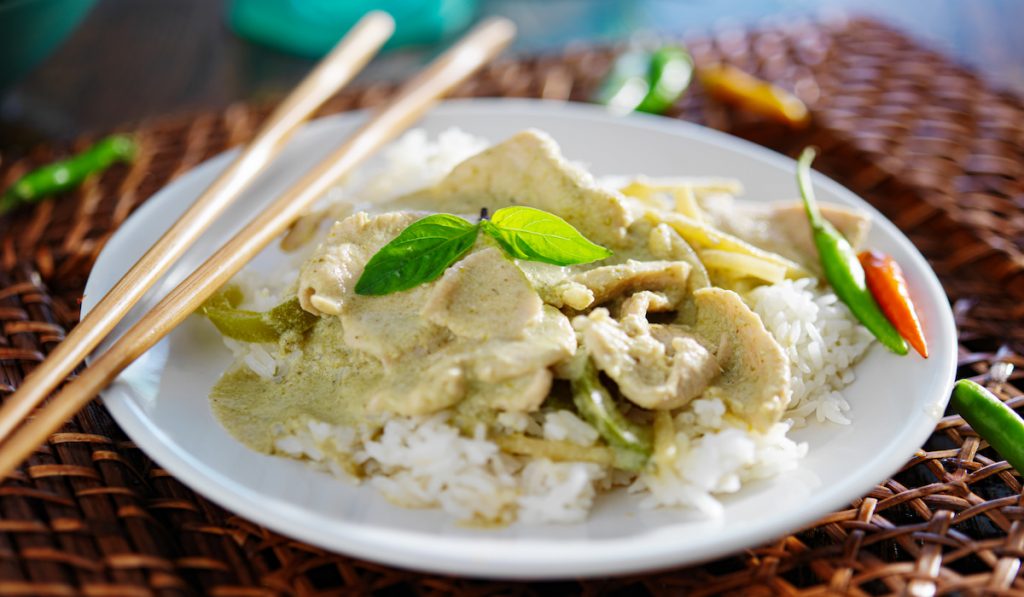
Potential Risks of Jasmine Rice
The potential risks of jasmine rice also depend on the color and how processed the rice is. So, below, we compare the potential risks of white jasmine rice and the others.
High Glycemic Index
White jasmine rice has a high glycemic index. This is, in part, due to its low fiber content. So, if you eat it, you are more likely to experience blood sugar spikes.
High Carbs
Jasmine rice (both colored and white) has relatively high levels of carbohydrates. If you are trying to lose weight or cut down on your calorie intake, jasmine rice may not be the ideal food for you.
Anti-Nutrients
Colored jasmine rice typically retains its bran, germ, and husk. Unfortunately, this means that they contain more anti-nutrients than white jasmine rice. As we said before, anti-nutrients are undesirable in a paleo diet because they prevent nutrient absorption and irritate the gut lining.
Final Thoughts
Jasmine rice is not paleo. It comes with most – if not all – the features that make grains unfit for a paleo diet. You might consider adding white jasmine rice to your paleo diet in limited amounts, but it is better not to. Even though white jasmine rice has little or no anti-nutrients, it is still high in carbs and relatively low in nutrients.
Resources
- https://irenamacri.com/is-white-rice-paleo-friendly-and-how-i-use-it/
- https://choosingnutrition.com/can-you-eat-rice-on-paleo/
- https://www.healthline.com/nutrition/jasmine-rice-vs-white-rice#nutrition
- https://www.oldschoollabs.com/jasmine-rice-vs-white-rice-the-great-grain-dilemma/
- https://www.healthyandlovinit.com/the-healthiest-white-rice-recipes/
- https://healthyeating.sfgate.com/health-benefits-stabilized-rice-bran-9601.html
- https://www.webmd.com/diet/jasmine-rice-good-for-you#091e9c5e8202d057-1-3

